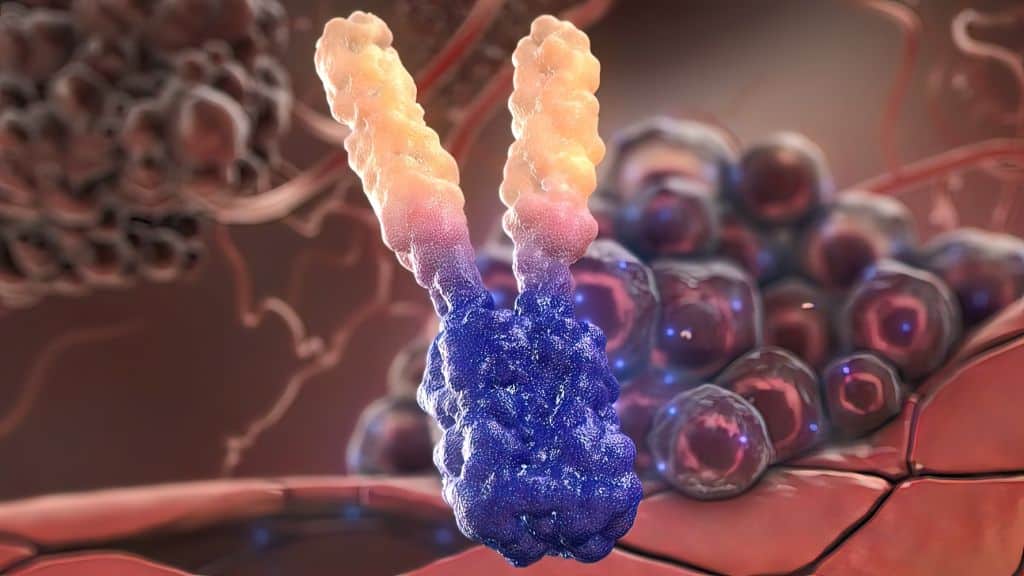Newsletter Signup - Under Article / In Page
"*" indicates required fields
Antibodies that target a protein playing a key role in the regulation of cholesterol levels have been introduced by Bio-Rad Laboratories.
The range of type 1 antibodies inhibit the binding of evolocumab (Repatha) to its target – human proprotein convertase subtilisin/kevin type 9 (PCSK9).
Recombinant antibodies
These sequence-defined, recombinant antibodies are suitable for developing highly selective and sensitive pharmacokinetic (PK) and anti-drug antibody (ADA) assays for evolocumab and its biosimilars.
Bio-Rad says that evolocumab is a monoclonal antibody used for the treatment of hyperlipidemia, or elevated levels of cholesterol and other lipoproteins.
It binds to PCSK9, preventing its interaction with low-density lipoprotein (LDL) receptors to reduce circulating cholesterol and other lipoproteins.
Site-directed conjugation
The company explains that the new range of five anti-evolocumab antibodies includes fully human IgG1 clones and TrailBlazer Antibodies with a SpyTag incorporated into their heavy chain. This enables site-directed conjugation or fast-switching to a bivalent Fab or a full-length Ig-like format within an hour.
It says the antibodies can be used to develop PK bridging enzyme-linked immunosorbent assays (ELISAs) to measure free drug or as a surrogate positive control or reference standard in an ADA assay.
Hilary Latham, Bio-Rad marketing director said: “Bio-Rad’s range of ready-made and well-characterized anti-idiotypic antibodies keeps growing, offering researchers enhanced flexibility for the development of custom bioanalytical drug assays against a wide range of marketed biologic drugs.
“Generated under stringent quality control for batch-to-batch consistency, these antibodies can produce translatable and reproducible results, ensuring assay reliability.”
Phage display
The company says the recombinant antibodies are generated using the Human Combinatorial Antibody Library (HuCAL) and CysDisplay, a proprietary method of phage display, along with guided selection methods to obtain highly targeted reagents. The recombinant production method also ensures a consistent and secure supply throughout the assay lifecycle.
The anti-evolocumab antibodies are approved for in vitro research purposes and for commercial in vitro testing services to support preclinical and clinical drug development.
Artificial intelligence and the future of antibody discovery






